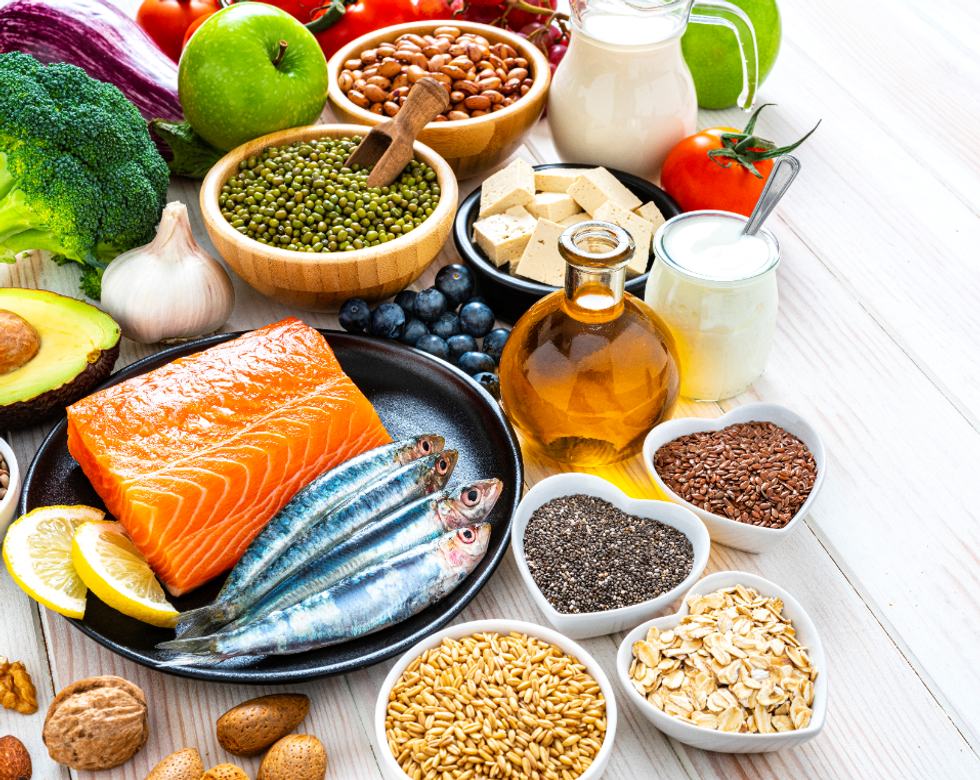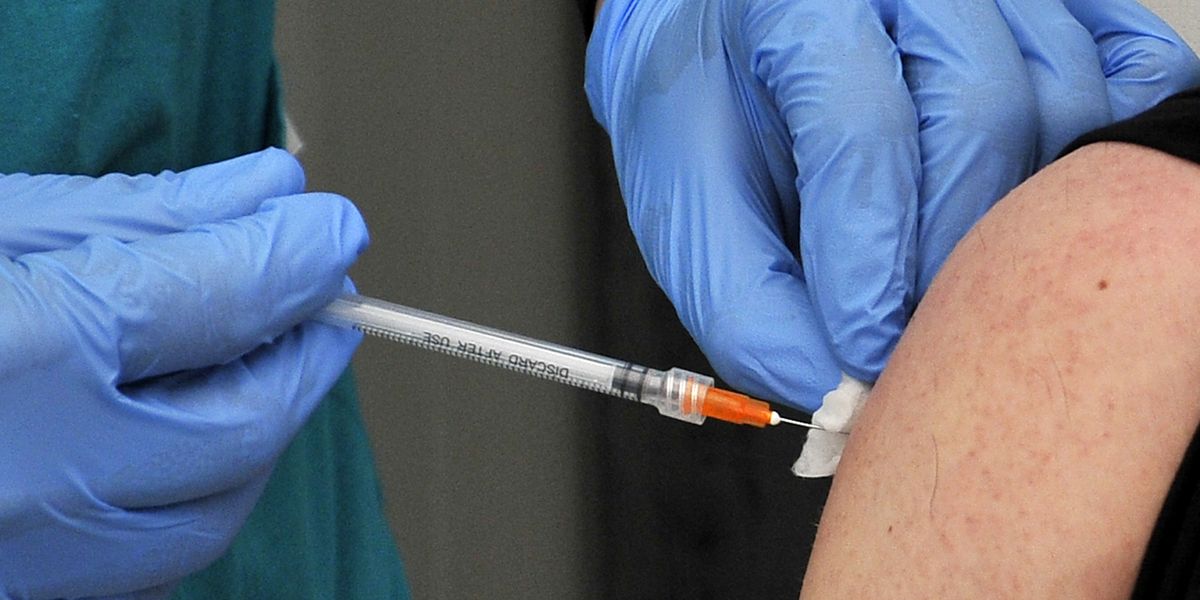

When it comes to optimising your brain health, there’s no one-size-fits-all solution: the organ is simply too complex for that.
However, supplements are increasingly viewed as an essential piece of the puzzle.
One of the most promising is phosphatidylcholine.
Phosphatidylcholine, or PC, is a type of phospholipid – a major building block of cell membranes. The chemical is also found in eggs, soybeans, mustard, sunflower, and other foods.
Why has it caught the attention of researchers?
The body makes a brain chemical called acetylcholine from PC. Acetylcholine is important for memory and other bodily functions.
An absence of PC is also associated with memory shortfall.

An absence of PC has also been associated with memory shortfall
Getty Images
This has led scientists to investigate whether supplementing with PC can improve memory and reduce the risk of conditions such as Alzheimer’s disease.
The research is limited but encouraging.
An analysis of nearly 2,500 middle-aged adults, published in The American Journal of Clinical Nutrition, found evidence that dietary intakes of choline – an essential nutrient – and PC were associated with better performance in cognitive tests assessing verbal fluency and memory.
Furthermore, the risk of dementia was 28 percent lower in men with the highest intake of dietary PC, when compared to men with the lowest intake.
The advantages of the study included comprehensive information about dietary intakes and an extremely long follow-up (more than two decades), although not all subjects underwent cognitive measurements.
The study also has other limitations. For example, it was observational, and “we need further research before any definitive conclusions can be drawn”, acknowledges Maija Ylilauri, a PhD Student at the University of Eastern Finland points out.
The finding is consistent with animal studies.
For example, a 1995 study on mice with dementia suggested PC supplementation can increase acetylcholine in the brain.

Greater adherence to the MIND diet is associated with a lower incidence of Alzheimer’s
Getty Images
It may also improve memory. The study found that mice without dementia had no memory increase, despite the increase in acetylcholine levels.
Furthermore, A 2001 study found feeding mice a diet rich in PC and vitamin B12 also had a positive impact on brain health. Although these results are promising, more study is needed.
It’s hard to ignore the growing evidence supporting the use of phosphatidylcholine but research is limited.
It’s also worth speaking to a healthcare professional before introducing supplements into your diet.
In the wise words of Carolina Goncalves, superintendent pharmacist at Pharmica, you should follow the daily recommended intake listed for each supplement on the bottle and speak with a pharmacist or doctor beforehand to be sure of the potential effects.
And supplementation is only one part of the solution: a healthy, balanced diet and regular exercise have both been shown to keep the brain functioning optimally.
Why not try the The MIND diet, which has been shown to reduce the risk of brain decline.
The dietary plan combines elements of the Mediterranean diet and the Dietary Approaches to Stop Hypertension (DASH) diet, emphasising plant-based foods (especially berries and leafy greens) and limited consumption of animal products and saturated fats.
24World Media does not take any responsibility of the information you see on this page. The content this page contains is from independent third-party content provider. If you have any concerns regarding the content, please free to write us here: contact@24worldmedia.com

Do you believe the Covid vaccine had negative side effects? VOTE HERE

Latest Google layoffs hit the Flutter and Python groups

‘Women’s rights have been attacked constantly!’

Here’s your chance to own a decommissioned US government supercomputer

AWS S3 storage bucket with unlucky name nearly cost developer $1,300

FTC fines Razer for every cent made selling bogus “N95 grade” RGB masks

Apple confirms bug that is keeping some iPhone alarms from sounding

Roundtables: Inside the Next Era of AI and Hardware

Supplements: Ginkgo biloba boosts memory